For as long as I can remember myself, one of the most debatable and famous topics of discussion in the fitness industry has always been “Are supplements really necessary?”.
While there are thousands of people who advocate and promote the use of supplements, one of whom are authoritative athletes and medical practitioners, there is an equal amount of fitness gurus and professionals who diminish its value.
This ongoing aggressive war has done nothing more but confuse the public and most importantly those who are beginner and intermediate practitioners in the field.
Supporters claim that supplements provide our bodies with specifically combined important macronutrients and micronutrients that help us improve our strength, promote weight loss and muscle hypotrophy (muscle growth), increase testosterone production, etc.
Adversaries, on the other hand, claim that supplement products are nothing more but an overpriced scoop or pill that has no affect on the human body whatsoever. And if there is any tangible/noticeable benefit, then it’s all in your head – i.e. a placebo effect, that industries abuse and earn extraordinary profits out of.
This gives rise to the question: “Who are we suppose to trust?” or more specifically “Ultimately, are supplements truly necessary or are they are a rip off?”
Well, sadly, in a perfect world the answer to this question would have been a simple “yes” or “no”. Evidently, it isn’t that easy.
I presume that it would be a good idea to mention that for the short 7 years of exercising and dieting experience that I’ve gathered, I have personally experimented with the usage of supplement products – more notably whey protein powder, creatine, L-Carnitine, BCAAs, fish oil and testosterone augmenting multivitamin pills.
Beforehand I had read a lot of information coming from both sides, which did nothing more but confuse me. Consequently, I decided to test things out for myself and take a look if there were any noticeable results that would categorise supplements as a necessity.
In 2014, at the age of 19, I decided to cut all supplements from my diet for a good 6 month period. Yes, all of them. No creatine, no BCAAs, not even my favorite triple chocolate fudge whey protein powder was invited.
The most noticeable result that I saw was that I had a tremendous drop in energy and strength due to the lack of BCAAs, creatine and T-vitamins. So much so, that I had to amp up my caffein consumption by two folds in order to push out at least a fraction of the weight that I was pushing before quitting supplements.
The first month was basically Hell! Every trip to the gym consisted of a 20 minute self-pep talk accompanied by a 40 minute painfully exhausting workout.
I started seeing some small but noticeable drops in muscle mass, which was an obvious consequence due to my drop in strength. Plus, I was not retaining any water because I was not using any monohydrate.
Keep in mind, by the way, when I say a drop in muscle mass, I don’t necessarily mean a 20lbs drop in 10 days! More like a 4lbs drop in 60 days, which might sound like a small amount, but bear in mind that our bodies are capable of building a maximum of 5-7lbs of pure muscle mass (depending on genetics).
My FFMI had also dropped (from 23.0 to 22.2), obviously, and my body fat percentage had increased a tad bit due to the lower testosterone running through my blood – my body fat percentage went from 10% to 13%.
After another 40-50 days had passed I started spotting some semi-positive changes as I finally started improving my muscle hypotrophy and my energy levels were much better – in the sense that I was feeling less suicidal every time I stepped foot in the gym.
In the remaining 4 months I managed to return a portion of the muscle I had lost. Which was really good. However, my strength and energy levels were still not at the same capacity as they used to be.
For example, my max bench before I started was 242lbs (110kg) for 6-8 reps, after the whole thing had passed my max bench was 198lbs (90kg) for 6-8 reps.
The moral of the story is that while supplement products are obviously not a necessity they did in fact augment my strength, energy, muscle growth and weight loss capacity. But was all of this just a placebo effect? Was I just self-fooling myself into believing that these powders and pills were actually helping me? Was it really nothing more than a mere placebo effect taking over my neurological strength?
This is where logic leaves the driving wheel and science takes control.
Instead of researching all of the supplements available on the market (which would be absolutely daft) I decided to take a look at the most famous and discussed ones. And obviously those products that I personally consume – whey protein, BCAAs, creatine, and T-vitamins.
The solid scientific evidence that was carried out proved to me that the negative comments were nothing more than made up conspiracy theories by some random guys and girls on the internet.
For example:
“Whey protein powder is the most worthless supplement as it does not promote muscle hypotrophy”. Wrong, a study carried out in 2011, Bonn Germany, by the Department of Nutrition and Food Science proved that when comparing two groups of men and women, who consumed the same amount of calories and protein and under the same training program, where one group was provided with whey protein and the other wasn’t, the one that was being supplied had an elevated gains in lean mass (read more);
“…Branched Chain Amino Acids (BCAAs) don’t actually help improve muscle growth and is utter mumbo-jumbo bullsh*t” (This is an actual comment on one of my articles). Wrong, BCAAs (Leucine, Isoleucine, and Valine) have been shown to help promote muscle synthesis (which is proven to be more beneficial for those who lack the necessary dietary protein intake – i.e. they consume fewer protein calories than they should) and improve muscle growth over time as well as reduce overall fatigue in beginner athletes. (Read more about it);
“…Creatine is the biggest made up lie in the fitness industry”. Again, wrong! Creatine has been proven time and time again to be one of the best supplements out there along with whey protein and BCAAs. According to the Medical Centre of University of Meryland preliminary studies have proven that the supplement elevates crude body strength and lean muscle mass during explosive/short-duration exercises. Creatine, however, is not a good supplement when it comes to endurance training (maybe that’s from where the controversy comes). Furthermore, creatine has been shown to help fight cancer and heart diseases, while also assisting those who struggle from the accursed Parkinson’s. (Read more about it here);
WebMd: “Don’t waste your money on Multivitamins”. Wrong-ish. It is true that if you follow a healthy diet you will be technically providing your body with all of the essential vitamins and minerals. However, there are specific situations where those micronutrients cannot be attained, which is exactly where multivitamins, T-vitamins (testosterone vitamins) more specifically, come to save the day. For example:
• Zinc is one of the main minerals that impacts your testosterone production. Foods that are high on Zinc are oysters, crab, lobster, beef. This is why these foods are either referred to as aphrodisiacs because they boost testosterone production. Most of these foods, however, are expensive and hard to get (imagine being a student and having an oyster rich diet, homeless in a matter of weeks). Here is where Zinc supplements are awesome and help you fill in those holes.
• Vitamin D is only available when it’s sunny outside. As soon as the winter months hit comes the time when our lovely sun goes to sleep for a good couple of months. Furthermore, there are countries where sun supply is not really as often as we would like it to be – I’m looking at you UK and Scandinavia. There are, of course, vitamin D supplements that come to save the day.
All in all multivitamin supplements are mostly here to save the day and help fill in any gaps that may arise from our diet that are out of our control. (Read more at the Harvard School of Public Health).
“L-Carnitine does not help weight loss and is a useless supplement in general”. Ha! Wrong! It is true that this supplement is primarily useful for people experiencing low levels of L-Carnitie and Acetyl-L-Carnetine (as they are produced by the body). Those who lack this powerful compound is extremely useful as it helps metabolise fatty acids (help lose body fat), reduce aging process, increase alertness, elevate brain function and capacity, improves growth hormone production, reduces fatigue during anaerobic and aerobic exercises, and is even shown (in rats) to literally throw away stored body fat in a phenomena called “fatty acid dumping”. (Read more about it here)
Conclusion
All-in-all, supplements are definitely not a necessity, in the sense that if you do not use any products but your workout program and diet regime are good, you will still manage to get in shape. However, supplement products will definitely help you improve everything from your weight loss capacity to your crude strength.
You can consider supplementation that extra horsepower that you can always add to your car. Without it, you’re still going to reach your destination, sooner or later. But with it, you will reach your destination in a quicker fashion and with more power along the way.
Whether or not you do consume supplements comes down to your personal preferences and lifestyle.
Plus, I mean, come one! There is nothing better than that tasty triple chocolate fudge whey protein after a long strenuous workout at the gym.

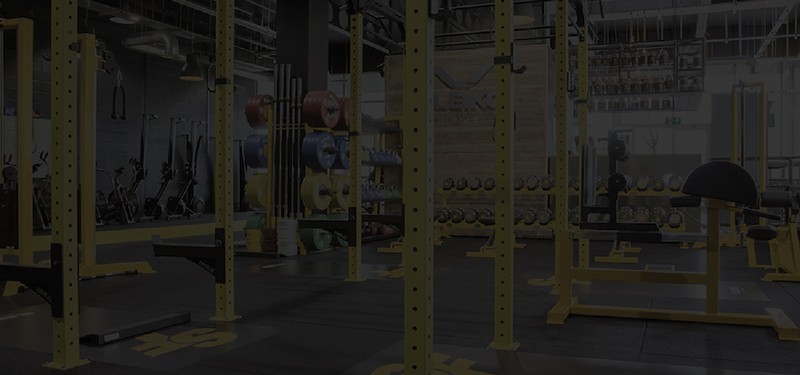
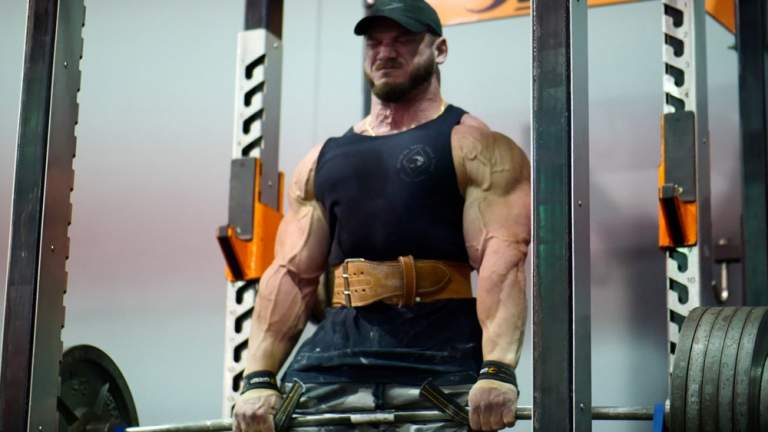
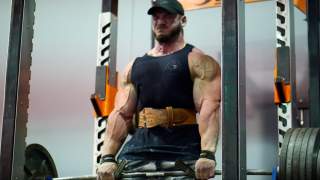
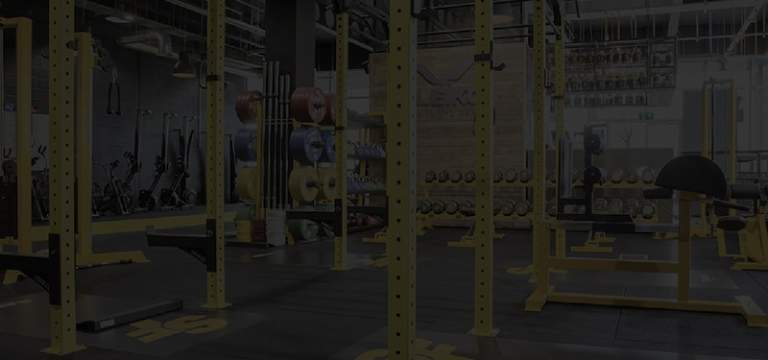

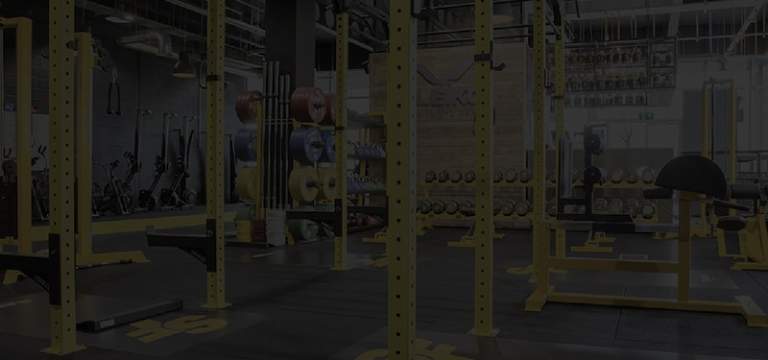



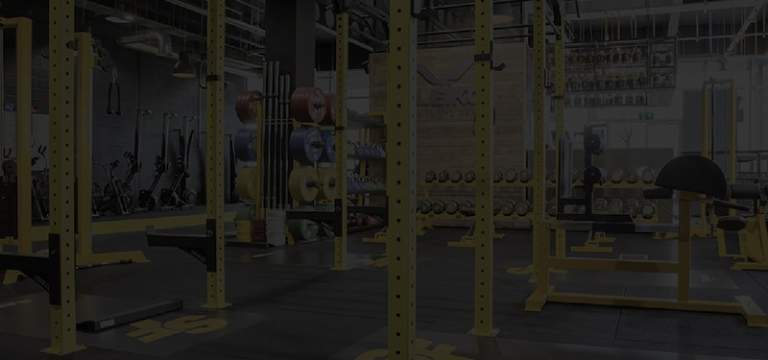
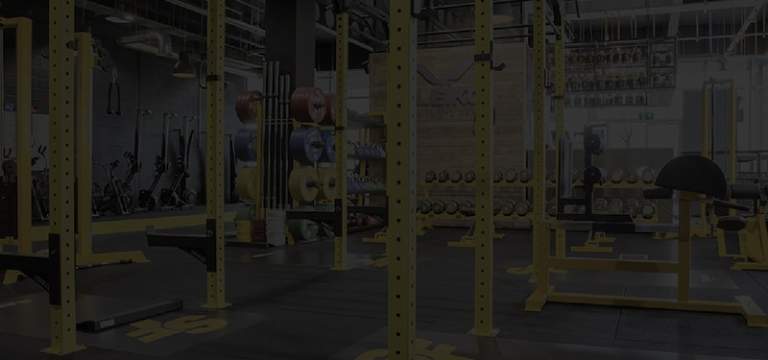
1 Comment
Comments are closed.